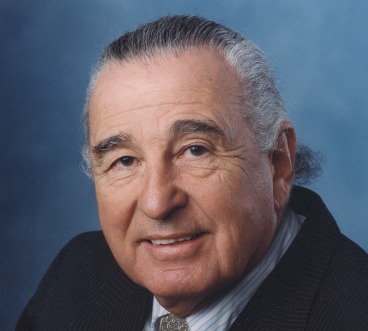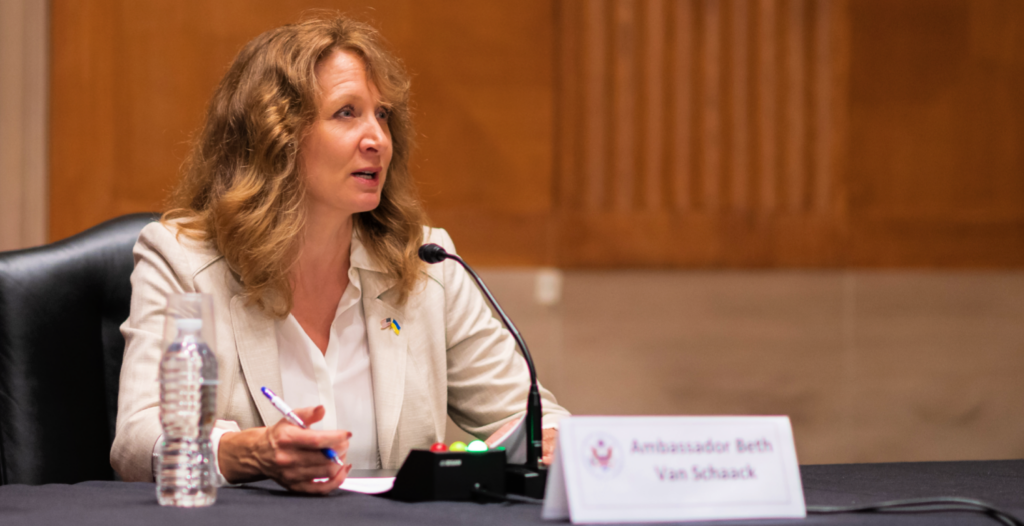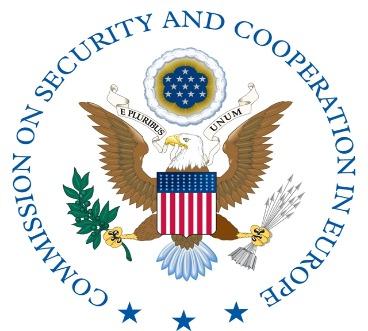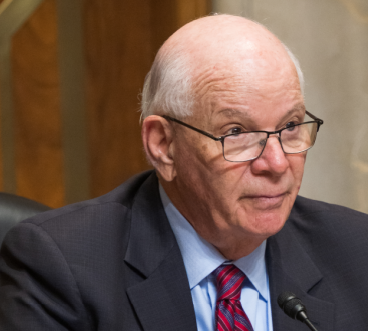Mr. President, I rise to address the barbaric practices that constitute torture as we mark the United Nations Day in Support of the Victims of Torture. Astonishingly, an estimated 500,000 victims of torture live in the United States today, including many in my home State of Colorado. The United States has provided vital leadership in the campaign to prevent torture around the world. The United States must not equivocate on this most basic of human rights.
While the United States has consistently spoken out forcefully against the use of torture around the world, serious questions have been raised suggesting U.S. complicity in torture as part of the war against terrorism. This prompted me to join other members of the Helsinki Commission in writing to the White House recently urging an investigation of “serious allegations that the United States is using torture, both directly and indirectly, during interrogations of those suspected of terrorism.” Against this backdrop, I urge the administration to issue a forthright statement on torture. In his State of the Union Address, President Bush described the horrific forms of torture employed by the Hussein regime and concluded, “If this is not evil, then evil has no meaning.” Even as experts document the scope of torture in Iraq, there must be no doubt concerning U.S. policy and practice.
As Cochairman of the Helsinki Commission, I am particularly concerned that torture remains a tolerated if not promoted practice by come countries, even within the membership of the 55-nation Organization for Security and Cooperation in Europe, OSCE.
In some places, like Uzbekistan, members of the political opposition or religious minorities are especially likely to be the victims of torture. Tragically, two more people there have joined the long list of those who have died in custody amid credible allegations of abuse and torture, just weeks after the European Bank for Reconstruction and Development hosted a prestigious meeting in Tashkent, and days after the Secretary of State determined Uzbekistan is eligible for continued U.S. assistance. Moreover, the shortsighted practice of making martyrs out of Islamic extremists may have exactly the opposite effect the government claims to be seeking in its efforts to combat terrorism.
In Georgia, torture and abuse comes hand in hand with police corruption. In the most recent State Department Country Report on human rights in Georgia, the Department stated: “[s]ecurity forces continued to torture, beat, and otherwise abuse detainees…. NGOs also blamed several deaths in custody on physical abuse, torture, or inhumane and life-threatening prison conditions.” Even President Shevardnadze has, in the past, acknowledged the prevalence of abuse against detainees and prisoners. I welcome a new initiative of the OSCE Mission in Georgia to combat torture, but I would also note that antitorture initiatives have come and gone in Georgia with little to show for it. Without real political will, I am afraid this latest initiative may end up like the others.
In Turkey–a country which has been given particular attention by the Helsinki Commission–even the doctors who treat the victims of torture have become targets themselves. Their offices have been raided, records seized, and even some doctors have been arrested and tortured. Moreover, the patients of these doctors, all of whom have already suffered at the hands of the authorities, have often been rearrested, retortured and recharged based on their testimonies given to the medical authorities.
As a result of these practices, Turkey has been repeatedly sanctioned by the European Court of Human Rights. The Turkish nongovernmental organization, the Human Rights Foundation, appears to be making some headway in defending these doctors. Last year, Turkey’s Grand National Assembly has passed significant legislation with severe penalties for those convicted of torture. A major effort still needs to be made to conform the application of the law in the regional courts of Turkey with the intent of the parliamentarians. The Helsinki Commission will continue to monitor developments in Turkey and the implementation of this law.
In the 1999 OSCE Istanbul Charter, the participating States committed themselves to “eradicating torture and cruel, inhumane or degrading treatment or punishment throughout the OSCE area. To this end, we will promote legislation to provide procedural and substantive safeguards and remedies to combat these practices. We will assist victims and cooperate with relevant international organizations and nongovernmental organizations, as appropriate.”
Clearly a strategy to confront and combat torture must emphasize prevention of torture, prosecution of those who commit torture, and assistance for the victims of torture. As we mark the United Nations Day in Support of the Victims of Torture, I note the good work being done by the Rocky Mountain Survivors Center, located in Denver. The center is part of a nationwide network committed to assisting the victims of torture living in the United States.










